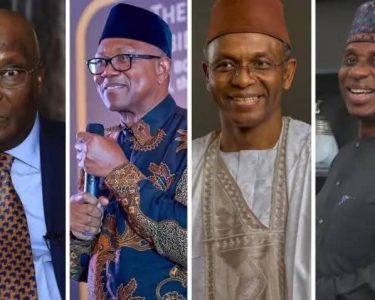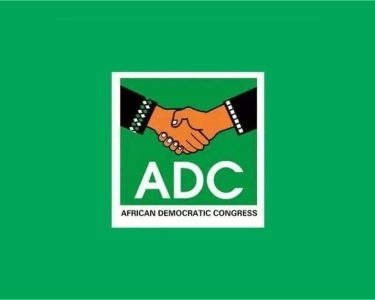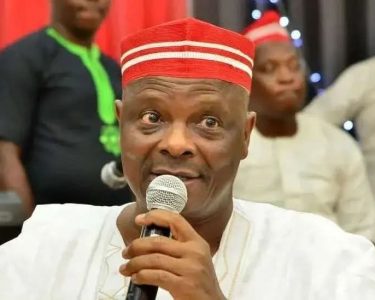Senator Kabiru Marafa once asked: “Is politics slavery?” Under President Bola Ahmed Tinubu, the answer is plain: politics has become slavery to one man’s ambition.
Tinubu does not build men. He breaks them. He does not raise leaders. He raises pawns. Betrayal is not his accident. It is his creed.
The story of Bola Ahmed Tinubu is replete with wreckage of loyalty. Ganiyu Solomon supported Bola Tinubu in 1999, offering all vehicles at his disposal. Today, Tinubu does not want to associate with Ganiyu.
In 1998, Gbenga Daniel offered his building as Tinubu’s campaign office. But in 2003, Tinubu denied Gbenga Ogun State governorship ticket. Tinubu betrayed agreement he had reached with Gbenga Daniel. Gbenga secured his ticket in PDP through Olusegun Obasanjo.
Kofoworola Bucknor-Akerele stood by him in his early Lagos battles. He repaid her with humiliation and forced resignation.
Musiliu Obanikoro, once a trusted ally, was dumped when he sought independence.
Wunmi Bewaji, his early defender, was discarded the moment he questioned Tinubu’s authoritarian grip.
Rauf Aregbesola, his battle-tested general, was left humiliated and politically strangled in Osun.
Olorunnimbe Mamora, another loyalist in the trenches, was later discarded and forgotten. He was stepped down from the Senate for Tinubu’s wife.
Senator Kaka was useful in the fight but betrayed when he was no longer “strategic.”
Akinwunmi Ambode, a sitting governor, was denied a second term by his own godfather. An unprecedented humiliation in Nigerian politics.
Kayode Fayemi was used to strengthen APC but was betrayed when his own influence grew.
Babatunde Fashola, once paraded as his political “son,” got his wings clipped when his popularity threatened the master.
Yemi Osinbajo was handpicked and loyal for years. He was, however, politically buried for daring to dream of the presidency.
Nasir El-Rufai risked his political capital by canvassing votes for Tinubu across the North in 2023, even against Atiku Abubakar, his own mentor, who brought him to national limelight in 1999. Tinubu repaid him with public humiliation before the Senate, whispering to the Senate President not to clear him as minister.
Abdullahi Ganduje, once embraced, later embarrassed and dumped without hesitation.
This is not a coincidence. This is Tinubu’s doctrine: use them, discard them, and move on to the next victim.
Tinubu’s deepest betrayal is not of individuals but of the Nigerian people.
He campaigned on democracy, progressivism, and restructuring. Once in power, he betrayed every word.
He promised Renewed Hope but delivered renewed hunger.
He called for sacrifice while feasting in convoys of luxury.
He vowed reforms, yet Nigerians are buried deeper in poverty and despair.
As Abraham Lincoln said: “You can fool all the people some of the time, and some of the people all the time, but you can not fool all the people all the time.”
The mask has slipped. Nigerians now see the godfather for what he is: a master of betrayal.
History is brutal with betrayers. Empires built on trust endure; empires built on treachery collapse.
Tinubu’s name may echo in power today, but tomorrow, it will be remembered not for building but for breaking. Not for loyalty, but for betrayal.
As Martin Luther King Jr. reminded the world: “The ultimate measure of a man is not where he stands in moments of comfort, but where he stands at times of challenge and controversy.”
By that measure, Tinubu stands exposed and naked to judgment of history.
Prince Anozie Ugenyi
Writes from the United States.




